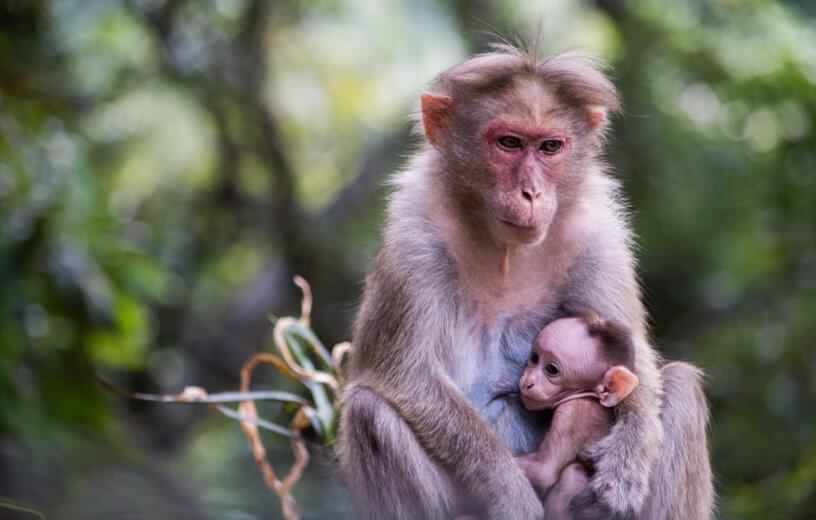BATH, England — It’s been established for a number of years now that women tend to have slightly longer lifespans, on average, than men. Now, researchers from Bath University have found that the same holds true in the animal kingdom.
These findings weren’t limited to one or two species either; the research team examined 101 different types of animals. They discovered that female animals live an average of 18% longer than males among more than 60% of studied species. For reference, human women usually live 7.8% longer than their male counterparts.
Interestingly, researchers say these differences aren’t caused by the two genders aging at varying rates. Females, however, enjoy a lower average risk of mortality in adulthood than males. Ultimately, the study’s authors don’t have a clear cut answer as to why this is the case, but they theorize the reasons are complex and likely linked to a combination of local environmental conditions and gender-specific reproduction tendencies.
“We’ve known for a long time that women generally live longer than men, but were surprised to find that the differences in lifespan between the sexes was even more pronounced in wild mammals than in humans,” comments Professor Tamás Székely, from the Milner Centre for Evolution at the University of Bath, in a release.
“This could be either because females are naturally able to live longer, or that female mortality drops compared with males,” Székely explains. “For example, lionesses live at least 50% longer in the wild than male lions. We previously thought this was mostly due to sexual selection – because males fight with each other to overtake a pride and thus have access to females, however our data do not support this. Therefore there must be other, more complex factors at play.”
For example, female lions like to stick together. Sisters, daughters, and mothers will live and hunt side by side. Male lions, on the other hand, usually live alone.
“Another possible explanation for the sex difference is that female survival increases when males provide some or all of the parental care. This is also true in birds. Giving birth and caring for young becomes a significant health cost for females and so this cost is reduced if both parents work together to bring up their offspring.”
Moving forward, the study’s authors would like to continue their work by comparing lifespans among wild male and female animals to animals being kept in captivity. That would eliminate a number of the variables out in the wild that may be influencing lifespan rates among males and females.
The study is published in Proceedings of the Academy of Natural Sciences.
